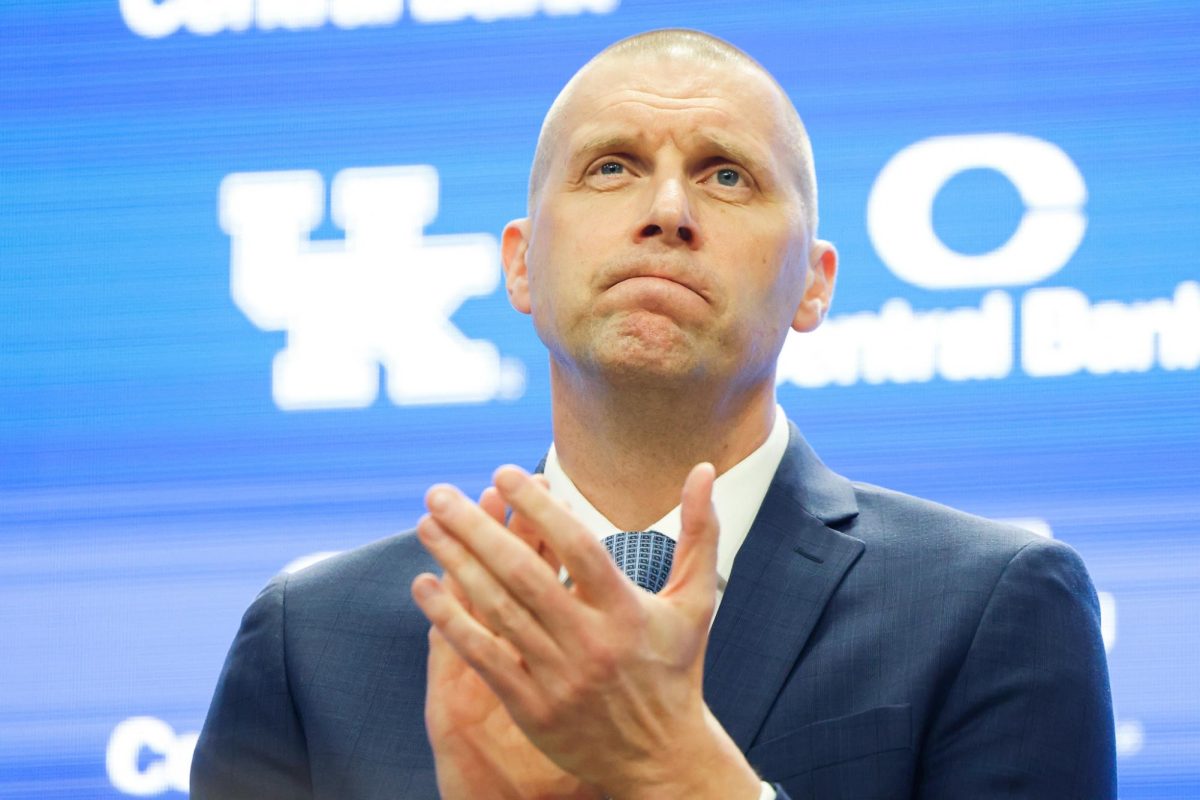Efforts in gene therapy could save lives of bone marrow patients
February 18, 2009
One of the most amazing aspects of the time we live in is the groundbreaking scientific advances we are making in the field of medicine, ranging from vaccinations that prevent spread of disease to more effective treatments for cancer. UK has made its mark in the research field and is now moving to a new clinical practice.
As reported in Tuesday’s Kernel, UK’s department of Microbiology, Immunology and Molecular Genetics is implementing gene therapy to treat bone marrow patients who have developed Graft-Versus-Host-Disease. Alan Kaplan, chairman of the Department of Microbiology, Immunology and Molecular Genetics, described GVHD as a condition caused when a bone marrow transplant fails and the bone marrow being transplanted and the recipient’s body clash, resulting in a failed immune system, which could be lethal. Clinics are using bone marrow transplants to replace sick bone marrow in patients suffering from leukemia.
Kaplan described the gene therapy as a new way of eliminating GVHD by using suicide genes, which are described as self-destructing cells that divide GVHD cells. Kaplan explained that the suicide cells eliminate the rapidly dividing cells of GVHD in leukemia patients
While the science behind the procedure is not easily comprehensible and the procedure benefits a small group, anything that improves the quality of human life is positive. Currently the clinical process is designated primarily for leukemia patients, which will have a dramatic effect if the process proves useful.
According to the Leukemia and Lymphoma Society, it’s estimated that 231,461 people in the United States are living with leukemia. An estimated 44,270 new cases of leukemia were diagnosed in the United States in 2008. And about 33 percent of the cancer in children ages 0 to 14 is leukemia. It is anticipated that approximately 21,710 deaths in the United States were attributed to leukemia in 2008.
Having a clinical procedure with as much promise as the gene therapy will hopefully help to reduce the high numbers of affliction among our population. It has promise in helping patients with various forms of cancer— it is currently being used on a patient with lung cancer. Such promise can only be applauded and is a great example of UK’s potential to be a top-tier university making global change.



























































































































































